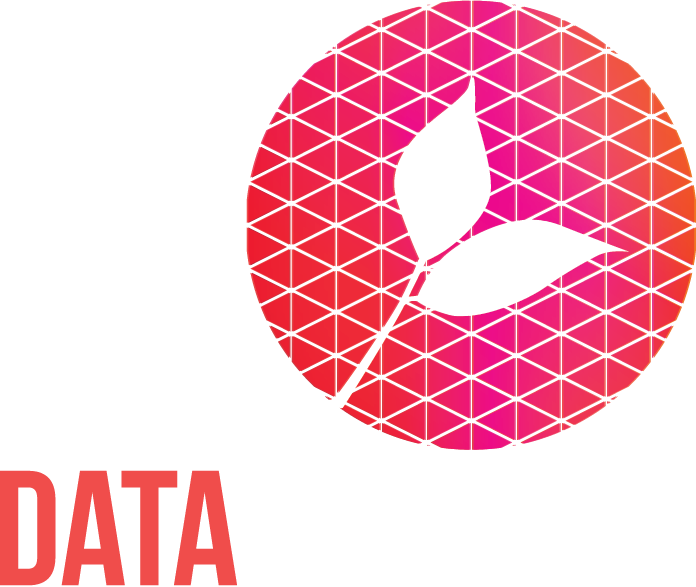Data science in nonprofit organisations
What we learned from our March nonprofit datafolk club
Once a month, we bring people who work in the nonprofit community together for ‘Nonprofit datafolk club’ – an opportunity to chat informally about data topics of interest.
In March, we had a lovely group of folks join us to discuss data science in nonprofits, ranging from Data and Impact Analysts to Insight Managers and Heads of Operations. We pondered the questions:
what exactly is data science?
what are the opportunities for data science in nonprofits?
and how should an organisation think about getting the best out of data science?
What is data science?
While people generally agreed that data science was different to data analysis and data engineering, they found it difficult to pin down a definition – noting that even job descriptions are unclear about what it is that makes a data scientist. Some felt that the term ‘data science’ could come across as intimidating.
In general, people agreed that data science involved working with a wide variety of information (quantitative and qualitative) and following a scientific approach to answer questions and inform organisational decision-making. Some felt that data science was mostly focused around predictive analytics. Skills that were mentioned included data wrangling, machine learning, coding, statistics, storytelling, and scientific discipline.
What are the opportunities for data science in nonprofits?
People felt that data science could enable nonprofit organisations to better understand their clients and supporters. Organisations could make use of segmentation analysis for deeper understanding, and evaluate different interventions. This could help to evidence the organisation’s impact. It could also contribute to strategic decision-making – for example, a postcode analysis to assess client circumstances and reveal the optimal location for a particular service.
Many people associated data science with predictive analytics, such as forecasting ticket sales or simulating future scenarios to inform strategic planning.
It was noted that smaller nonprofit organisations generally don’t have ‘data scientists’ – they are more likely to have one or two ‘data people’ who try to cover all data roles, potentially alongside other jobs. If there isn’t a designated data person, often the digital lead will take on this work.
Data science tools and techniques could help small organisations to punch above their weight by saving time, facilitating improvements in data quality, and enabling the incorporation of external data to improve insights. Advanced use of data can also be favourable in the eyes of funders.
How should an organisation think about getting the most out of data science?
People considered data literacy to be a fundamental foundation for organisations to progress with data science. There were also cultural baselines that were considered to be important, including open-mindedness and an appetite for data and research. People felt that it was valuable to build support among stakeholders by showcasing the possibilities.
Ideally, organisations should be thinking about evaluation and data capture right from the start so that they are ready to make use of data science techniques. People felt that having a good data management strategy was particularly important. If your data isn’t in the right shape, you spend time just trying to find where things are – and there’s a danger of losing or accidentally deleting data if it’s in spreadsheets!
In an ideal world, nonprofit organisations would have a data management system for a single source of truth and reporting. But many nonprofits don’t have the resource or capability to develop this. A single master document in the Cloud which everyone can contribute to can work as an alternative for a small organisation.
There should be some resource allocated specifically to data science – ideally within the team, as outsourcing can be expensive.
People emphasised that it’s really important to communicate the results of data science projects well to appropriate stakeholders including leadership, other staff, and funders. A data scientist could carry out some really sophisticated analysis or interpretation of an organisation’s data, but if it’s not presented in a way that people can interrogate or interact with, its impact might be lost. Dashboards can be ideal for this, but it’s important to recognise where they are truly needed so you can avoid ‘dashboard bloat’.
Although investing in data science can be a daunting prospect, people felt that it was important for nonprofits to try to step back from fire-fighting and embrace new approaches.
For support with engaging in data science, people recommended DataKind UK, the Open Data Institute, Microsoft Learn and our list of data support providers.
Join the Nonprofit datafolk club
If you found this resource interesting, or if you have any curiosity in nonprofit data more generally, please come and join us at our next workshop. Each month has a different topic, and you will be able to find the details on our events page. Previous topics have included:

